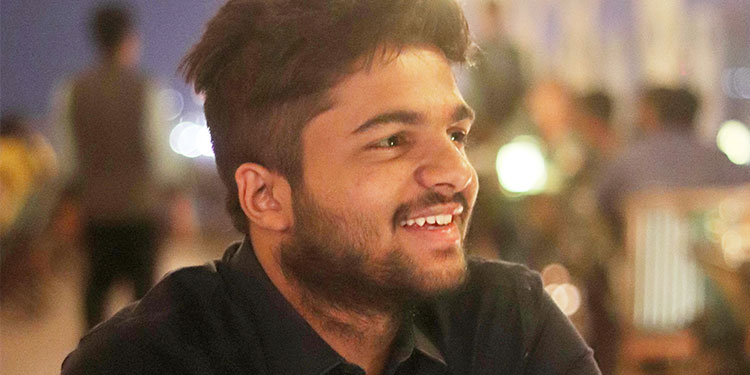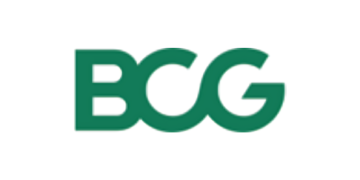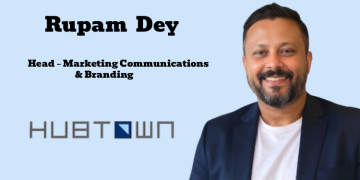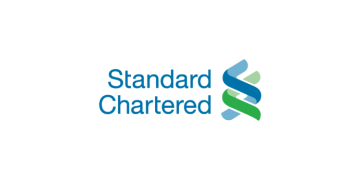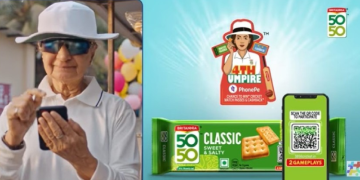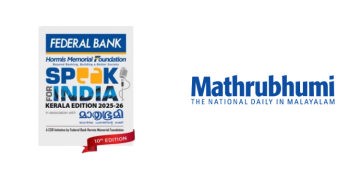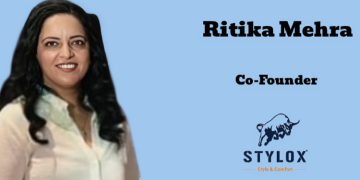Bollywood seems to have been rocked by the drug scandal, with big celebrity names tumbling out. This asks a very big and important question: Does this have an impact on their careers? These leading celebrities have had their share of negative attention but with the recent and very public NCB questioning, the image of these actresses seems to be tainted.
According to a recent survey by the Indian Institute of Human Brands (IIHB), “a whopping 85 per cent of respondents said they would not purchase a product/brand endorsed by drug-tainted celebrities”. They have also claimed that drug abuse by a celebrity made them ‘untrustworthy’. However, this might just be the best news of joy for the influencers.
Influencer Marketing: The Knight in Shining Armour
Even before the Bollywood scandal, influencer marketing was leading as the superhero of marketing. Due to the coronavirus pandemic, brands have leveraged social media influencers through channels such as Facebook, Twitter, Instagram and YouTube for promotion as ad production and shoots were put on hold. Global Web Index survey found that over 80% of consumers say they’ve consumed more content during COVID-19. This has been a good opportunity for brands and influencers to engage with their audiences with impactful messaging.
The impact of influencers during COVID:
- Fitness based influencers have seen a spike since June-July
- Some of these home trainers have seen around 15,000 increase in follower count
- People are more attracted to how they can make most of their time at home
- Food blogger, cooking shows have seen a remarkable increase in their engagement among audiences in these tough times
- Influencers are switching to opening their brands and start up their own businesses as their collaborations seem to come to a stop
It can be a cost-effective alternative to the use of production companies to use influencers since they are their own production and creative houses and have a range of content ready to be used by brands. Many producers of content often possess specialised equipment and have the potential to generate TV-worthy content.
The impact on Brands and Social Media:
- Fashion designers to showcase their new collection are making fashion and beauty influencers as a part of their campaign
- Brands are trying to connect to the audience more on an emotional and a personal level through influencers. They are playing around people’s thoughts of being stuck at home and leveraging it for their products
- Instagram is now at its peak with its sponsored content with Brands. Live and stories have seen a considerable hike in the recent months – out of 1 billion people using Instagram, 500 million use Instagram stories to engage with their followers
- Brand on an average post 2.5 stories per week – How-to tutorials are the form of most popular Instagram content
- Content creators have now started focusing on engaging on the basis of health, sanitisation, and have started taking an emotional approach
Influencers taking over celebrities?
Brands of yesteryear trusted the conventional types of advertisement for their products/services, such as celebrity endorsements. However, creative strategies are currently being discovered on a regular basis in order to tackle fierce market rivalry. ‘Influencer marketing’ is one such marketing solution that catches up with big and small brands alike.
Influencers or new-age celebrities drive a lot more social equity compared to celebrities, with the growth of social and mobile-first viewers. For example, an influencer like Bhuvan Bam of BB Ki Vines or CarryMinati has a stronger connect with the social and mobile audience, than a TV celebrity.
It’s not hidden that influencers drive purchases. A new study of 14,000 U.S. consumers found that one of the most productive strategies for driving sales is marketing through brand influencers. Marketing research firm Collective Bias found that 30 percent of customers are more likely to buy a product endorsed by a blogger than a celebrity, according to a survey by ZD Net.
That’s not it, social influencers also appeal to the millennials. Since most millennials grew up in the digital era, as consumers, they are more open to trusting the advice of social influencers in this group. According to Tech Insider survey, “73 percent of adolescents and young adults report feeling a genuine connection with a YouTuber (only 45 percent said the same about a TV or movie star)”. According to Reel SEO, “an estimate of 60 per cent of 18- to 24-year-olds would try a YouTuber-recommended product (compared to less than 50 per cent who would take the same action based on a celebrity endorsement)”.
Brand influencers are also seen as much more relatable, open, and insightful than conventional celebrities when it comes to promoting a genuine connection with customers. According to Huffington Post, in addition to being more likely to engage with supporters, influencers often fill a particular niche (e.g. fashion, food, health, travel, tech) and are thus considered experts in their respective fields.
To conclude, the fact that this is an upcoming movement with a promising future is illustrated by these important factors for how online influencers are pitching for a better deal in the marketing industry today. In reality, this natural humanistic approach appeals to individuals at large who are drawn to the brand by them. There is no question about the fact that high paying celebrities are losing the game to their peers, namely online influencers, slowly and steadily in their own mastered fields. And the NCB investigation is just the icing on the cake.
Authored by Himanshu Goel, Influencer Marketing Specialist at TopSocial India

